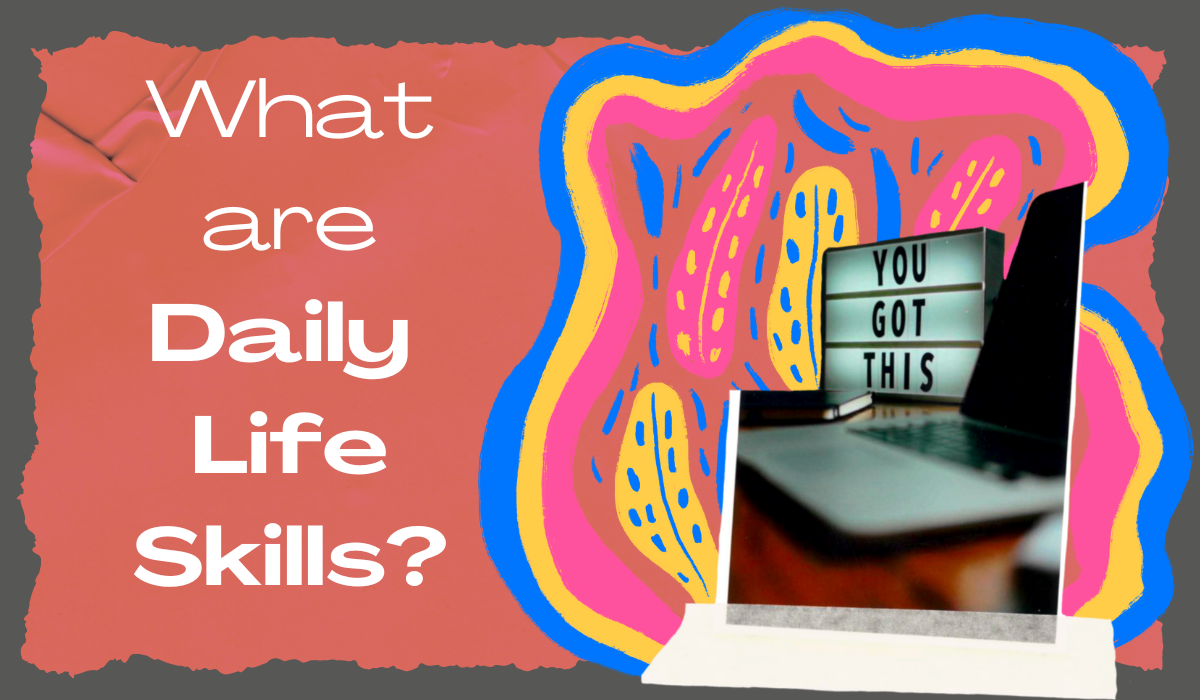Daily Life Skills are an important part of NDIS capacity building, and is one of Arch Association’s specialties. But what does it mean and what can you gain from it?
What are Daily Life Skills?
Daily Life Skills are a flexible way to use NDIS funding to build capacity alongside a support worker. The goal is to develop these skills to allow a person to improve their quality of life and act with greater independence.
There are many types of daily life skills which a person can gain through the NDIS and their support mentor’s assistance. Here are seven examples and how they can benefit you.
Meal Preparation:
Everybody needs to eat every day, so adding meal prep to your daily living skills is a fantastic step towards building independence. These supports consist of support mentors coming into your home, or taking you to classes, where you can learn kitchen essentials such as chopping, cooking, and storage of fresh food for eating.
Personal Hygiene:
Staying clean is an important part of staying healthy, and nothing is more important to us than your continued health and wellbeing. Building personal hygiene as a skill means receiving support in washing yourself and your clothes, and building capacity to perform those tasks with greater independence.
Home Maintenance:
A home requires constant upkeep to maintain, but doing so can be difficult. Support mentors can assist with home maintenance by not only performing upkeep tasks such as cleaning dishes and organising space, but also by teaching skills and implementing plans to make independent maintenance more accessible to customers.
Money Management:
Money makes the world go round, but handling it can require assistance. Whether it’s buying groceries, setting savings goals, paying bills or making a shopping list, support mentors can build money management skills to keep you and your wealth in good health. We also offer more direct training in these skills through our SLES program.
Home Safety:
Living spaces are full of potential hazards that one may not be immediately aware of. By focusing on home safety, a support mentor can address those hazards and support the customer in identifying these hazards and how to address them in the future.
Socialising:
Meeting other people can be difficult, but there’s so much to gain from it. Daily life skills in socialising means going out and about to exist in the same spaces as other people, building social and communication skills, and even participating in community activities.
Mobility:
Mobility aids are part of everyday life for many people with disabilities, and they often require assistance. Daily life skills supports mobility through support mentors applying skills such as safe onboarding and manual handling to support customers to traverse the world safely.
All of these skills and more are possible through Daily Life Skills program. To find out what skills Arch Association can help you with, get in touch today.


Comments